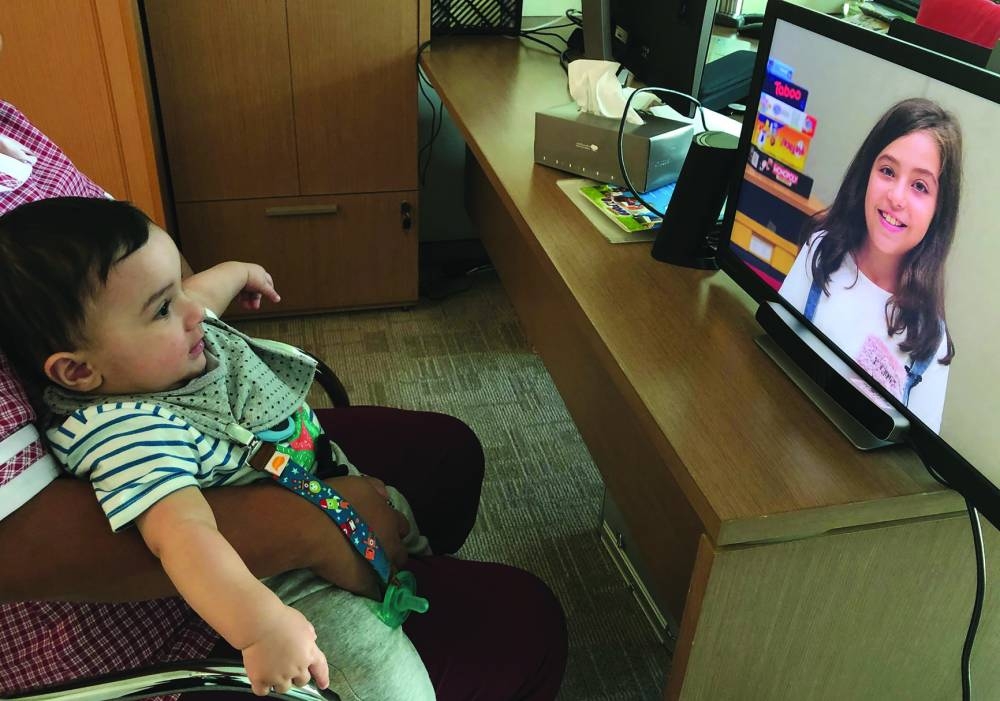A recent study by the Qatar Biomedical Research Institute (QBRI), part of Hamad Bin Khalifa University (HBKU), has made strides in the exploration of Autism Spectrum Disorder (ASD), emphasising the development of Arabic stimuli.
This study, which places a spotlight on social attention as a key developmental parametre, introduces an Arabic version of the Autism Risk Index (ARI).
This tool holds promise for the early screening and diagnosis of ASD, not only for Qatar but also for broader applications across the Arabic-speaking world.
The study is aimed at developing and validating an Arabic version of the ARI, utilising eye gaze tracking to evaluate ASD.
The researchers translated and created the eye-tracking stimuli tests of the ARI into Arabic and administered them to a sample comprising 144 children with ASD, and 96 controls, made up of 84 non-autistic children and 12 children with developmental delays.
The ARI demonstrated reliability and effectively differentiated children with ASD from the control groups, showcasing cross-cultural validity.
Additionally, it exhibited a robust correlation with parent-reported ASD symptoms.
Dr Fouad Alshaban and his team at the QBRI's Neurological Disorders Research Centre focused on building upon previous studies at Cleveland Clinic, US, adapting the methodology to create a set of stimuli in Arabic, aiming to elicit a response similar to the one observed in the original studies.
The team successfully created an Arabic ARI, demonstrating the potential for cross-cultural consistency in social attention processes.
The ARI aggregates gaze metrics to form an autism risk index, showcasing promise in identifying ASD across diverse populations.
While the study provides support for the validity of ARI in the context of Qatar, the researchers emphasise the need for further cross-cultural validation studies to determine the tool's applicability in diverse cultural contexts.
If successfully implemented, the ARI could enhance ASD screening tools and improve access to accurate diagnoses for individuals from various backgrounds.
"Our study highlights ARI's promise in identifying individuals with ASD across cultures,” said QBRI principal investigator Dr Alshaban. “We were successful in validating our Arabic stimuli tool for diverse contexts and focusing on clinical testing, benchmarking, and guideline formulation.”
“Future research aims to expand on these efforts for more effective ASD diagnostic methodologies,” he said.

The QBRI has made strides in the exploration of Autism Spectrum Disorder (ASD).
